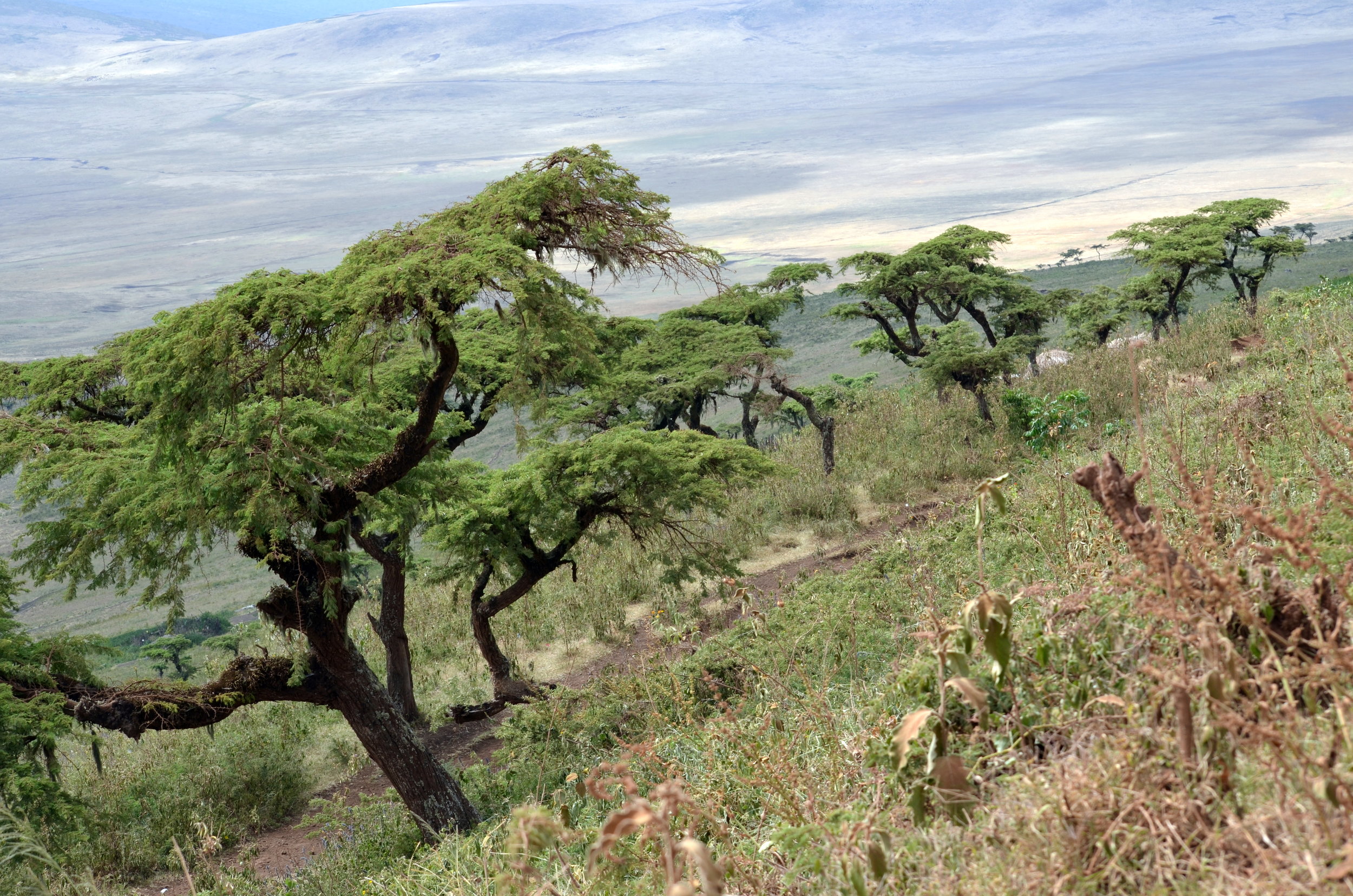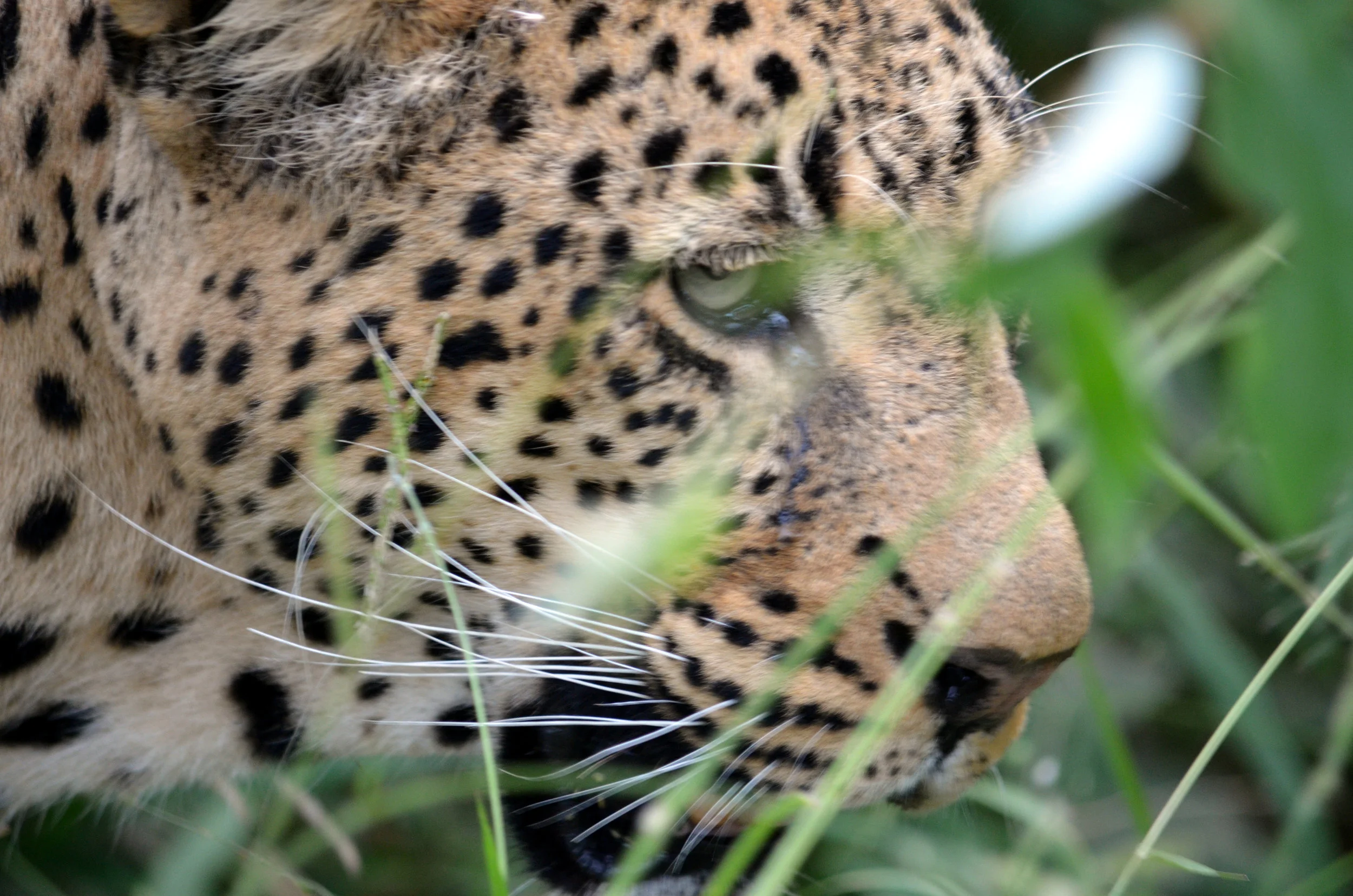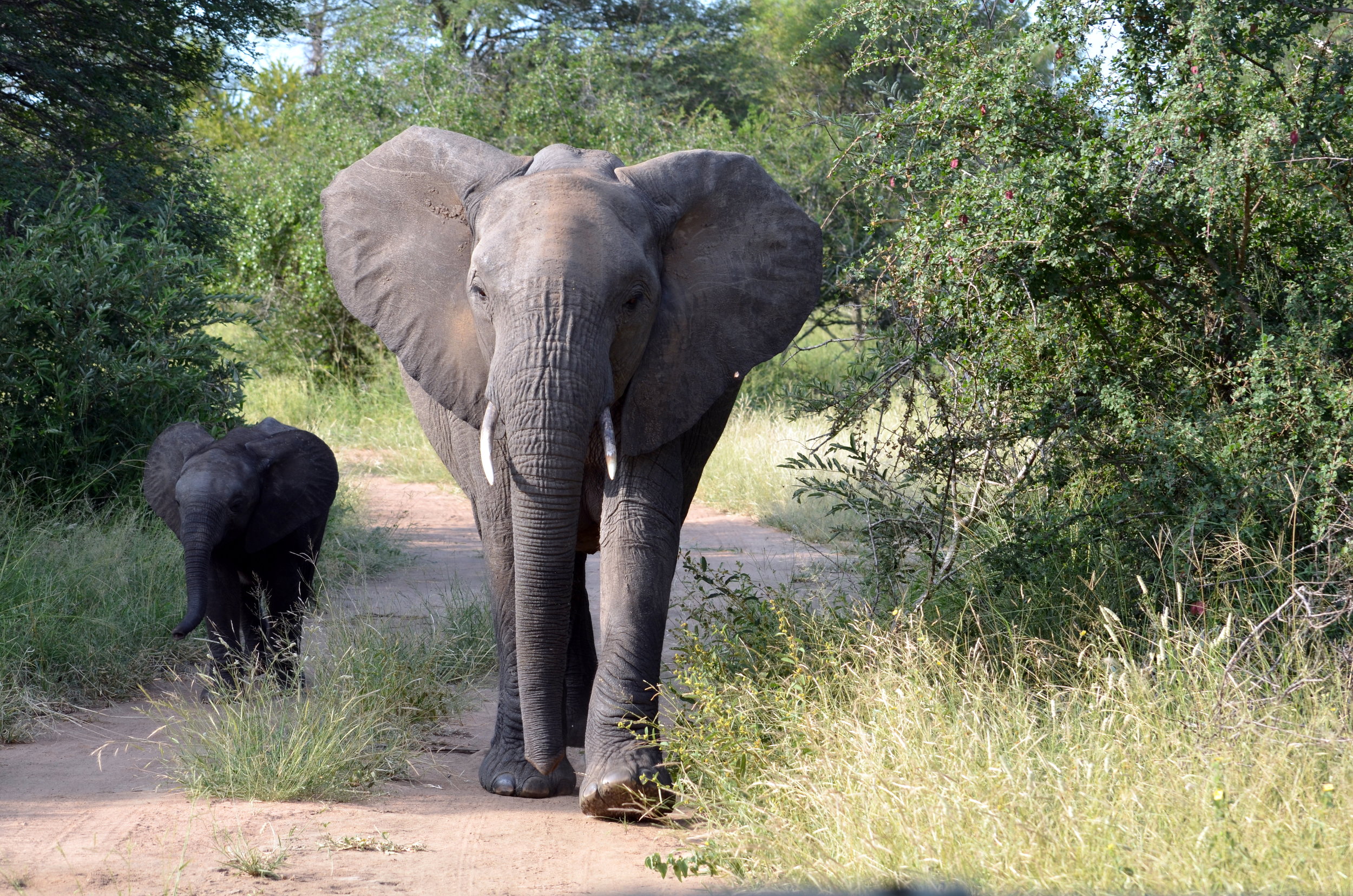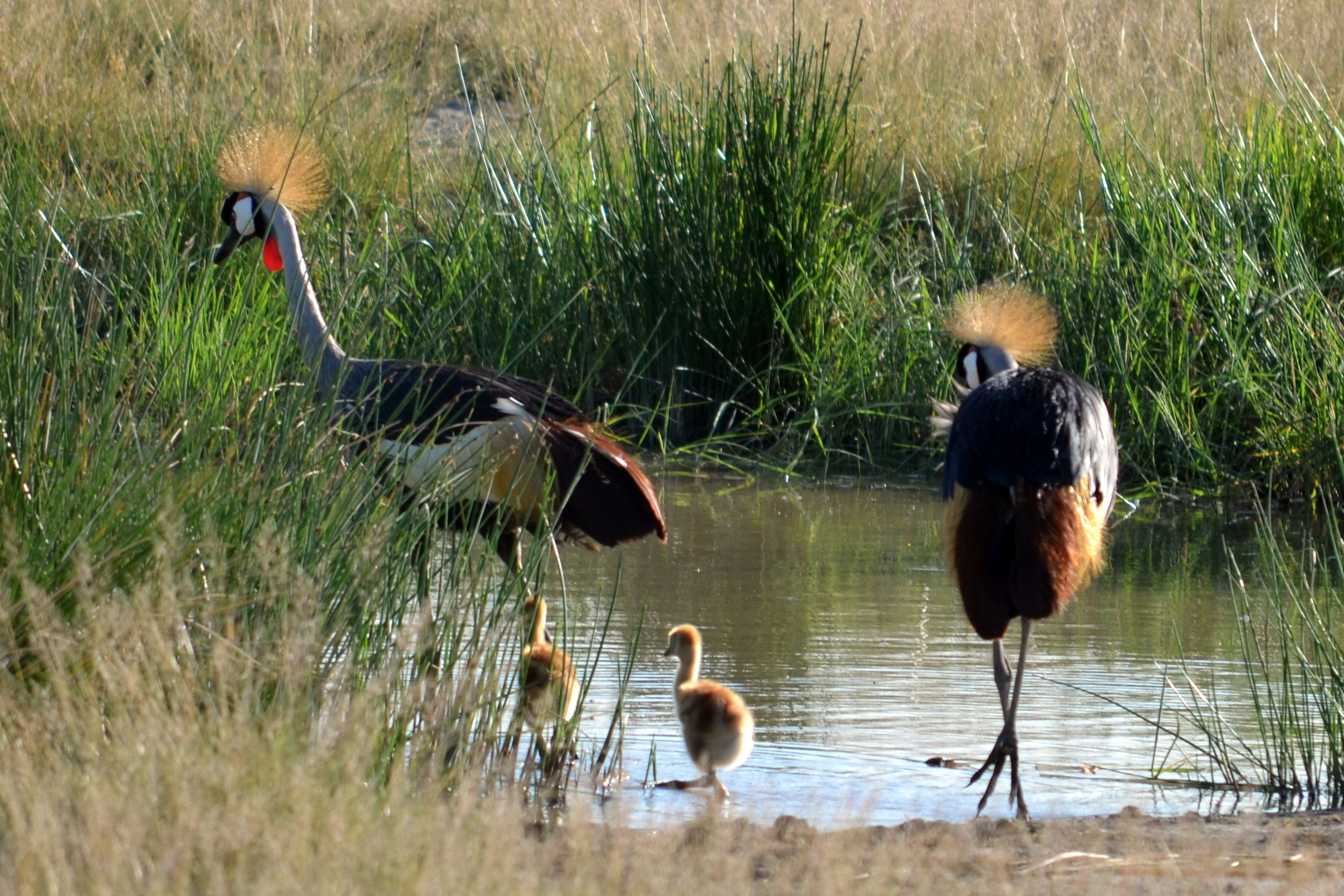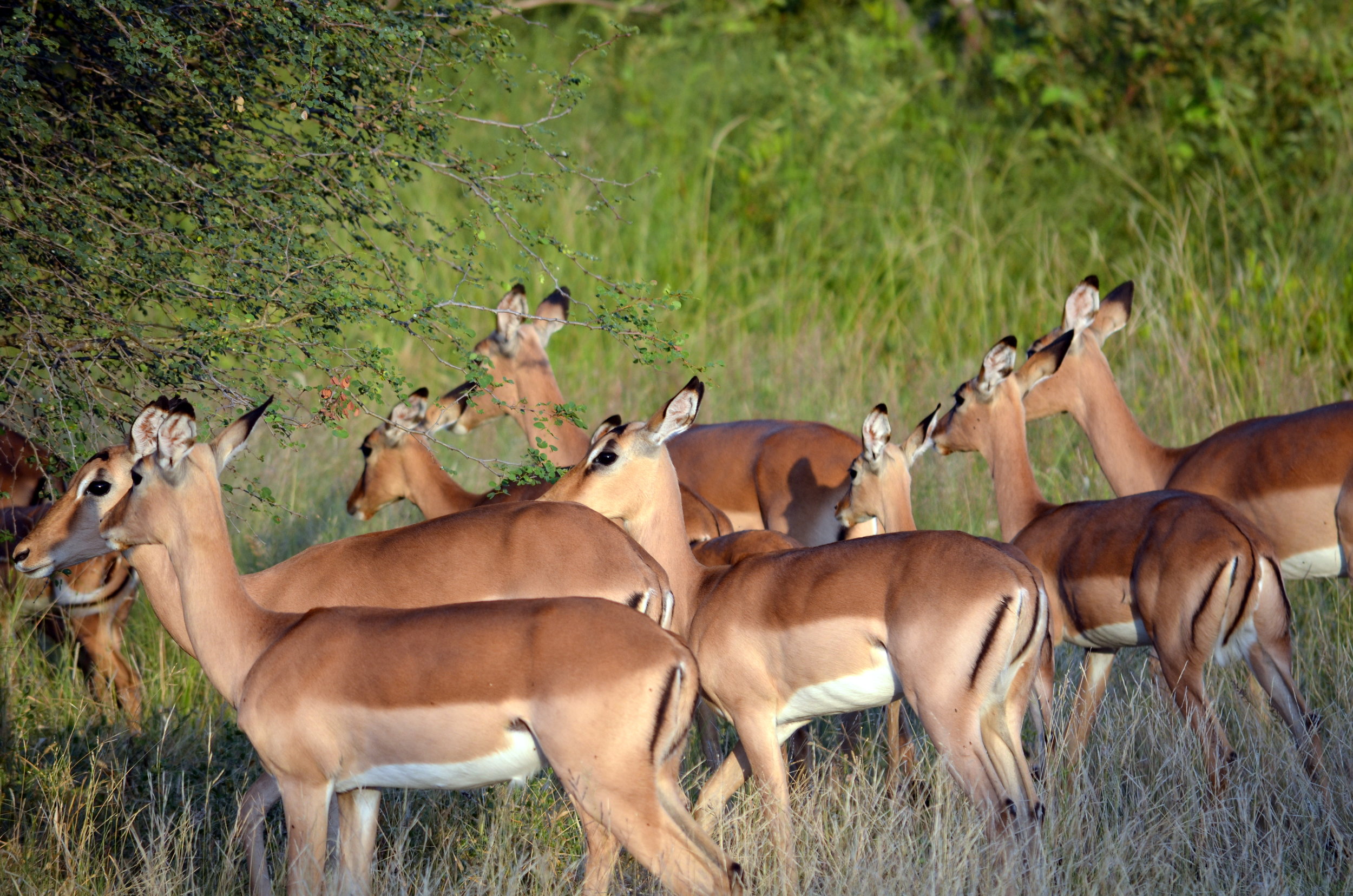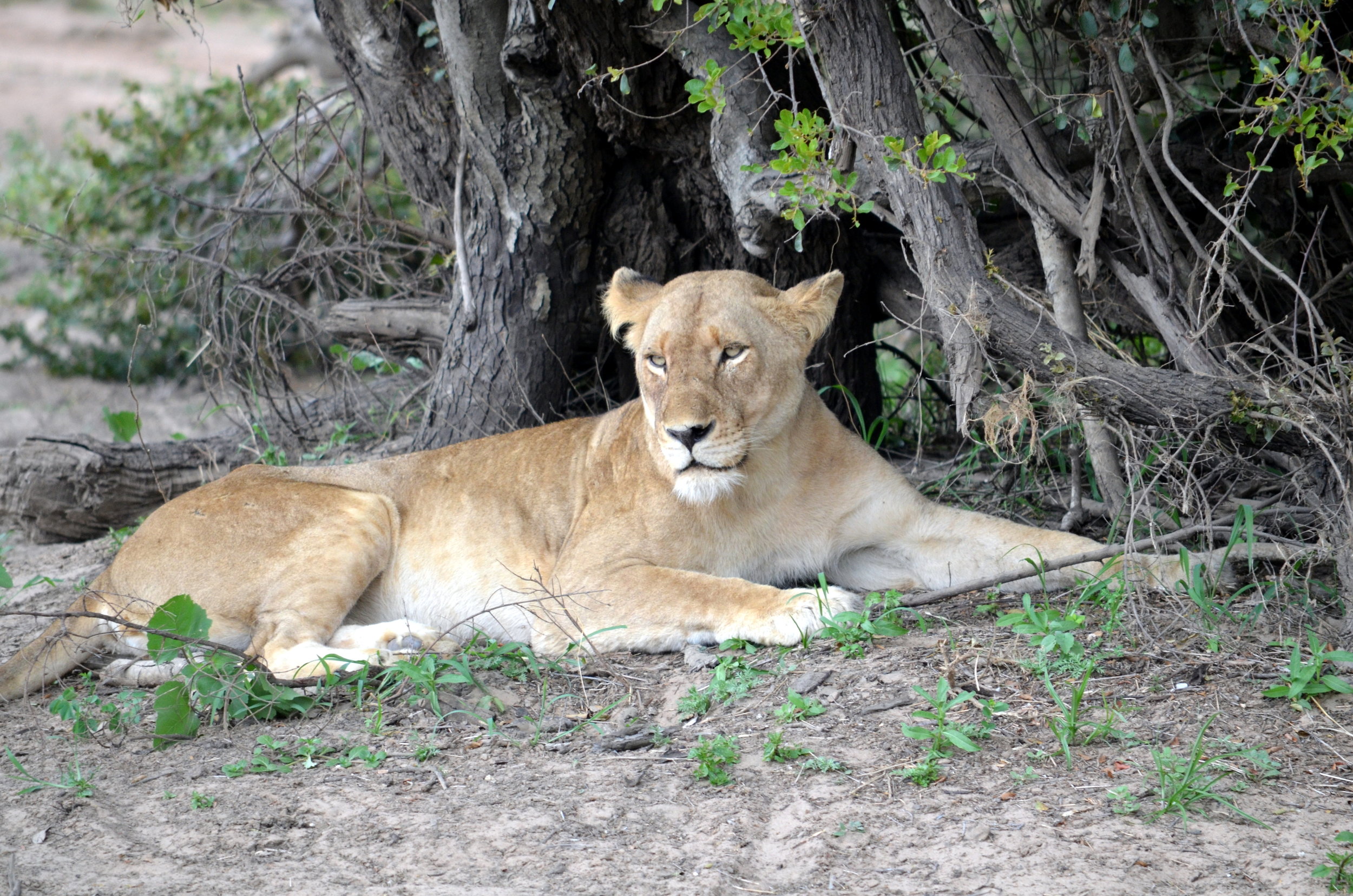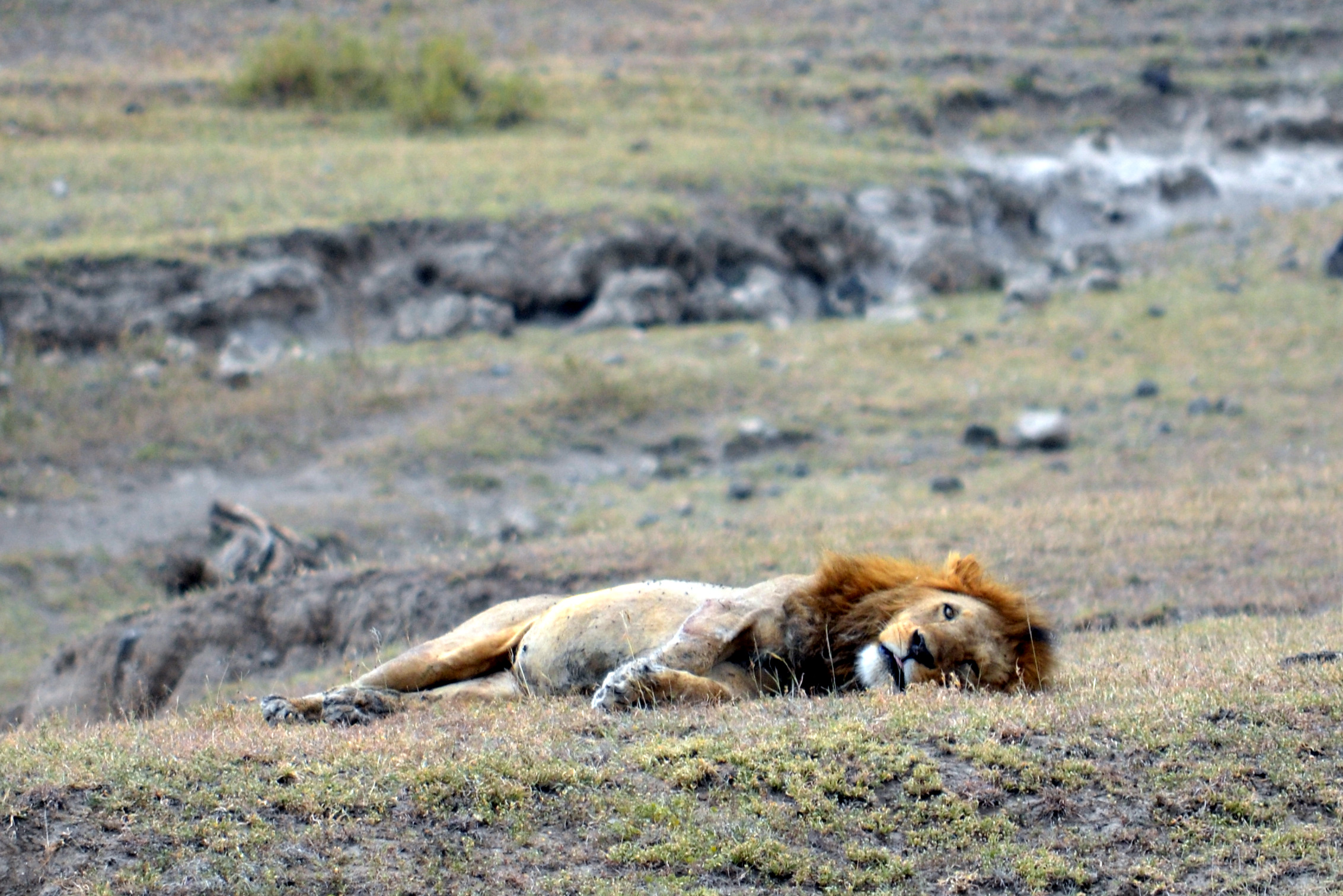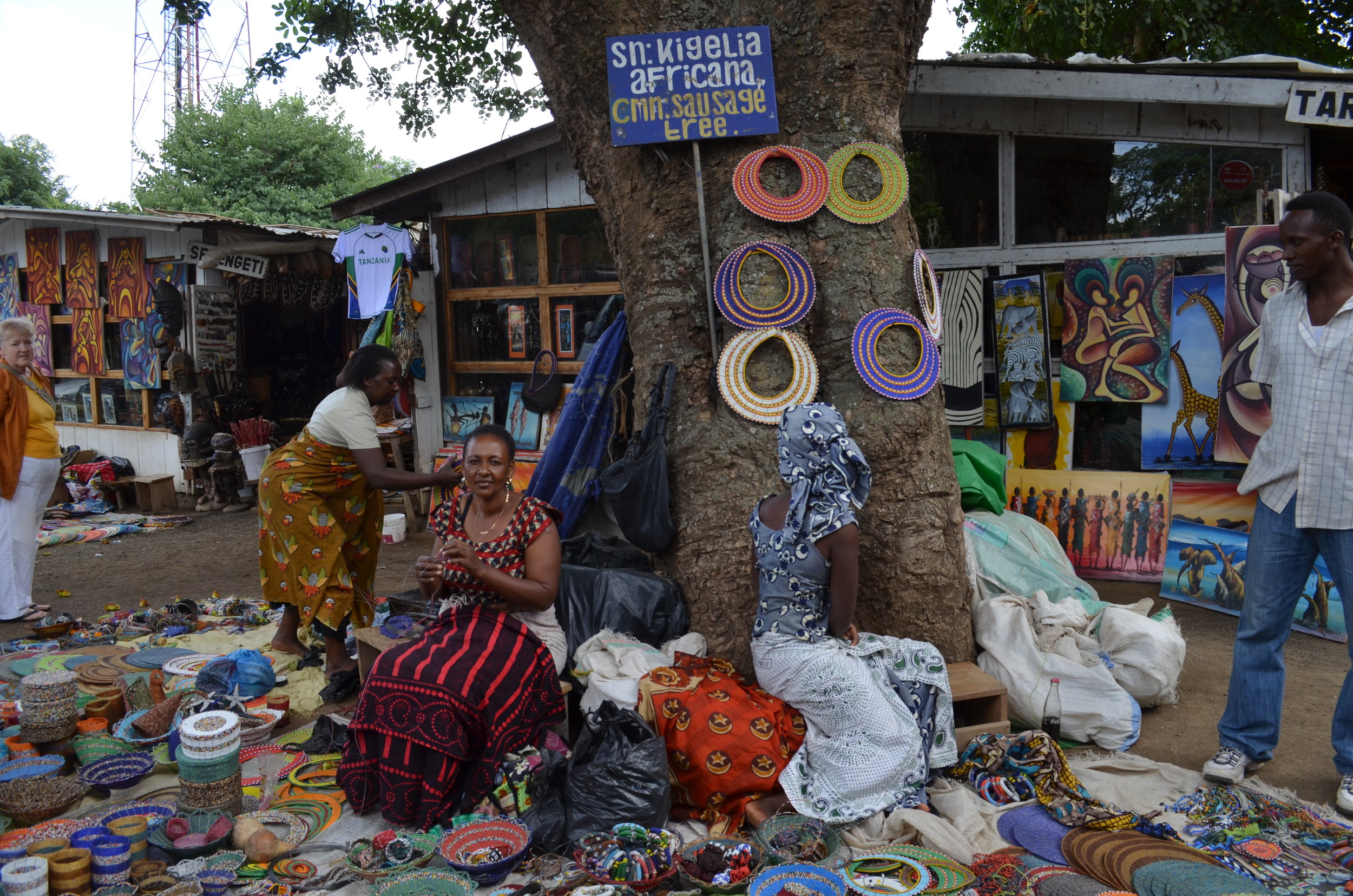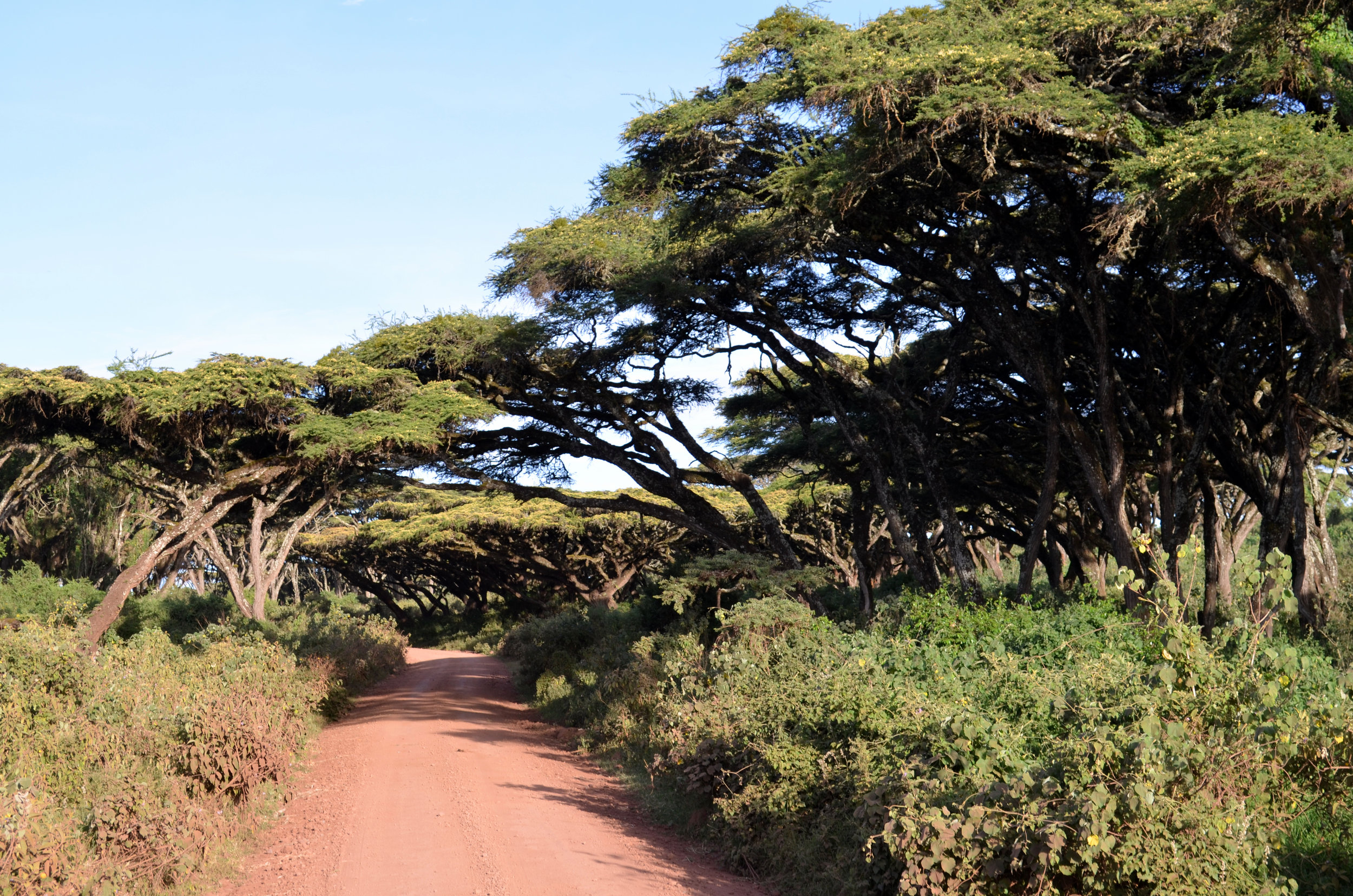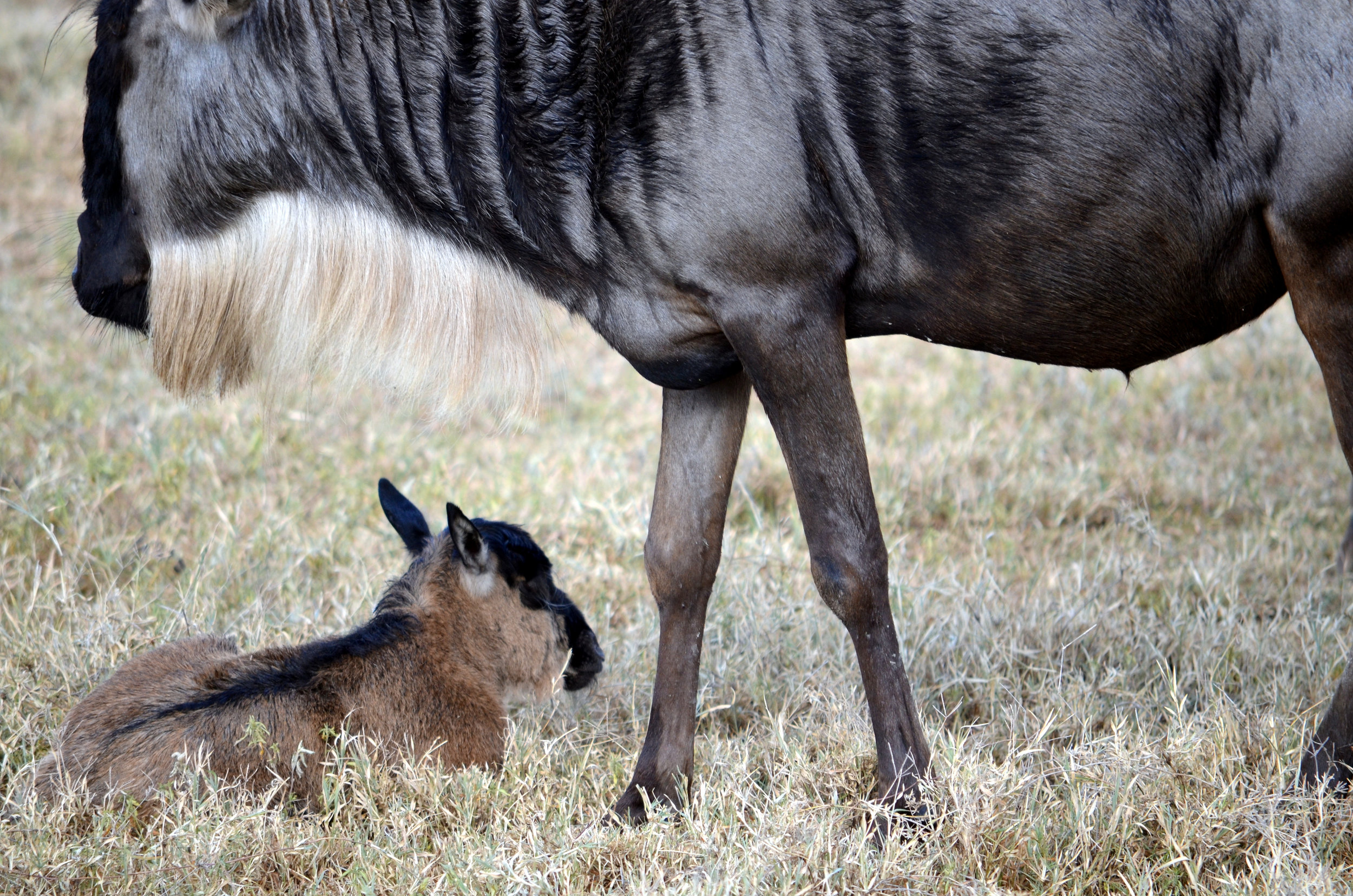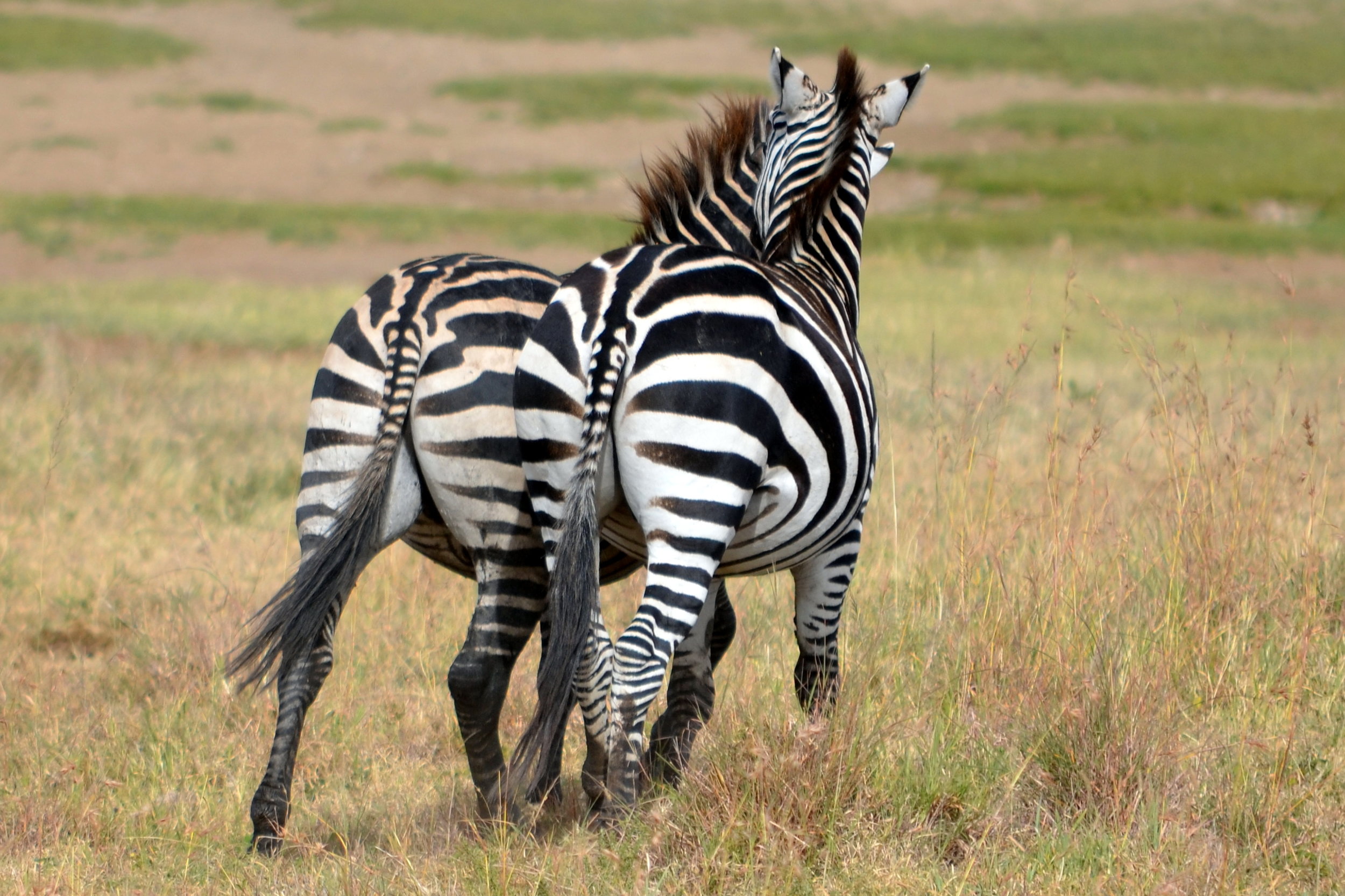THIRST - AUTHOR'S INSIGHTS
AT A GLANCE…
A dark ride with a poignantly bright ending. Put aside your prejudices and preconceived notions. This is an uneasy story in an uneasy country. You will be asked to open your hearts to a new place. (Fundamentalists should pass on this one). But in the depths of betrayal, lies, abuse, and illness, enemies become friends, criminals are forgiven, fathers are able to find peace with children who have been hurt by them, and even a leopard brings his cub to the place where troubled humans reside. And the ending shines.
AUTHOR'S INSIGHTS
This story begins in the same time and place that Ark for the Brokenhearted ends. The narrative is told by a black African youth, Askari, which means soldier. He was separated from his mother at the age of five and has never known who his father is. After marrying the British teen, Suzanna Farley, and they have a daughter, Askari dreams of reconnecting with his mother and discovering who his father might be. He guesses the man might be white because he and his new child are very light-skinned.
The novel is defined by absent and unknown fathers, and these mysteries have shaped the desires and the personalities of all the characters. The leopard, Chui, even disappears for a while and then shows up again with a male cub, seeking the companionship and care of his aggrieved humans.
In their searches for truths about their fathers, the characters struggle with depression, abuse, betrayal, sacrifice, joy, and peace. Askari’s and Suzanna’s mixed-race daughter, Kivuli, grows up amid the adult tangle of uncertainty, pain, death, and murder. But her parents and her white grandfather stand strong with love and faith, Catholic and pagan, and try to shield her from the consequences of their mistakes. She learns that her grandmother, Askari’s mother, is a Maasai woman whose own father had abandoned her on the rim of the Ngorongoro Crater when she was a year old. The woman, Iyeala, comes to live near her son and his family and brings some stability to Kivuli’s childhood.
Kivuli receives the gifts of education, art, music, horses, and love, but from a very young age is curious about her great-grandfather, Askay, who left Iyeala and her brother, Tanal, and went off with a white couple to America to work on their Nevada ranch and never returned. Kivuli’s father has also tried to discover more about Askay, but in a scene the reader may have already expected, Askari comes face to face with his father – a man he has known for many years, but neither man knew who the other was. The plot thickens, so to speak!
There is a lot I could say about Thirst. The themes are controversial and sensitive. What is absolution? Who can gain it and how? How can fathers who have not always done the right thing teach their children how to be in a contradictory world? How does homosexuality and adultery fit with these mostly traditional, religious characters? How does the priest handle these “failings?” Are they failings or just part of the human condition?
The reader may come to his or her own conclusions. There are no right or wrong answers given by me as the author. I chose my hero, but you may not agree with what that character does. You may be disturbed by the gay abuser, the murder, the adultery, or the abandonment of children. I propose that this fiction is very real, and we should not look away.
Thirst ends in the city of Dar es Salaam. But the stories do not end.
ORIGINAL PHOTOGRAPHS TAKEN IN THE ACTUAL SETTINGS OF THIS NOVEL…
